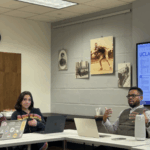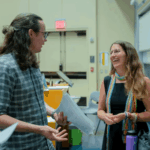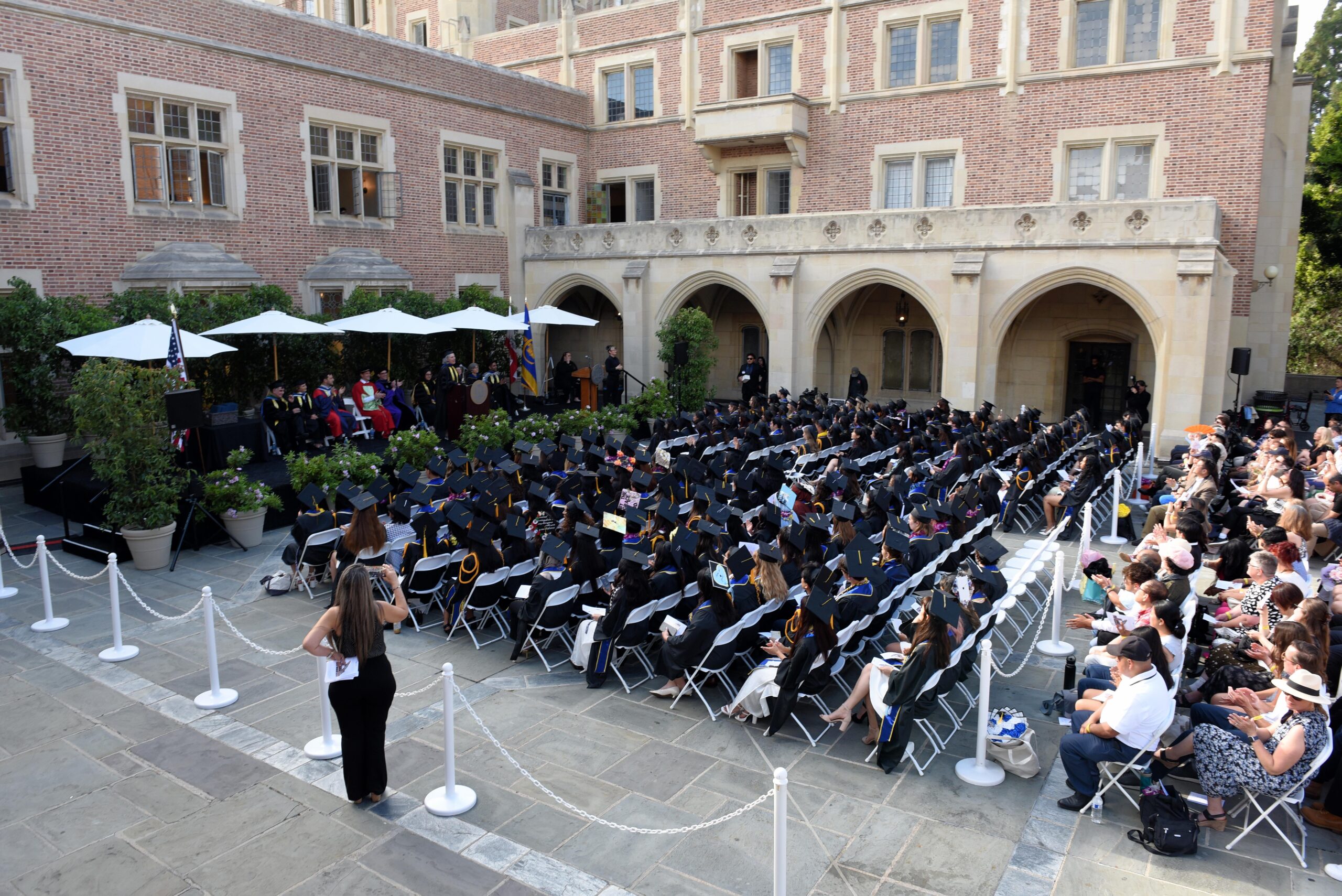
The Institute is a community of researchers dedicated to analyzing complex problems at the interface of biology and society and training the next generation of cross-disciplinary thinkers.
Recently at ISG
- Terence Keel latest book featured in the LAist
 Terence Keel’s BioCritical Studies Lab trains students to analyze autopsy reports of people deaths with police involvement. Their findings, underpin Keel’s new book The Coroner’s Silence, which exposes hidden victims of police violence and challenges assumptions about in‑custody deaths.
Terence Keel’s BioCritical Studies Lab trains students to analyze autopsy reports of people deaths with police involvement. Their findings, underpin Keel’s new book The Coroner’s Silence, which exposes hidden victims of police violence and challenges assumptions about in‑custody deaths. - Michelle Rensel Talks Stress Snacks and Mild Emotional Collapse on People Stuff Podcast
 Michelle Rensel joins Dan and Michael for a lively discussion on stress, snacks, and emotional resilience. With humor and thoughtful insights, she explores how everyday coping strategies can lighten the load. The episode blends laughter with practical wisdom, making stress management feel approachable and human.
Michelle Rensel joins Dan and Michael for a lively discussion on stress, snacks, and emotional resilience. With humor and thoughtful insights, she explores how everyday coping strategies can lighten the load. The episode blends laughter with practical wisdom, making stress management feel approachable and human. - Michelle Rensel Highlighted in a Teaching and Learning Center Post on Instructional Innovation
 Michelle Rensel, Institute for Society & Genetics has been featured in TLCs news on instructional innovation at UCLA.
Michelle Rensel, Institute for Society & Genetics has been featured in TLCs news on instructional innovation at UCLA.
The Institute’s Index
Student Projects

Students in the Human Biology and Society major at UCLA complete an original research project at the intersection of biology and society in just 10 weeks. Students in Winter and Spring 2020 completed this project remotely during the COVID19 pandemic, and finished them during some of the largest protests against police violence in US history. To view their projects, click here.
Spotlight

Anne Gabrielle Go (HBS, ’25)
Anne Gabrielle Go (Gabbie) has recently received the Dean’s Prize for Excellence in Research and Creativity: Humanities, Arts, and Social Sciences for her project “Assessing a Role-playing Game for Public Health Decision Making” under Michelle Rensel (ISG Faculty) supervision.
Featuring: The Labyrinth Project

The Labyrinth Project is a collaborative inquiry into nature in Los Angeles. Wetlands, lawns, rats, cats, coyotes, mountain lions interact with human affect, state power, indigenous politics, aesthetic pleasure, local governmental power and much more. Also, Satan. Using a mix of participant-observation, structured interviewing, collaborative urban anthropology, historical and archival digging, ecological observation, and analysis of social media content, we explore the diverse and surprising ways in which Los Angeles is full of different natures— a veritable trophic cascade of the absurd and surprising. We write research papers and we have produced a podcast project in collaboration with the Laboratory for Environmental Narrative Strategies at UCLA.
Lab members include ISG faculty Christopher Kelty and Jessica Lynch along with graduate students from anthropology, environmental science, and public health and a team of undergraduates majoring in Human Biology and Society at UCLA.

